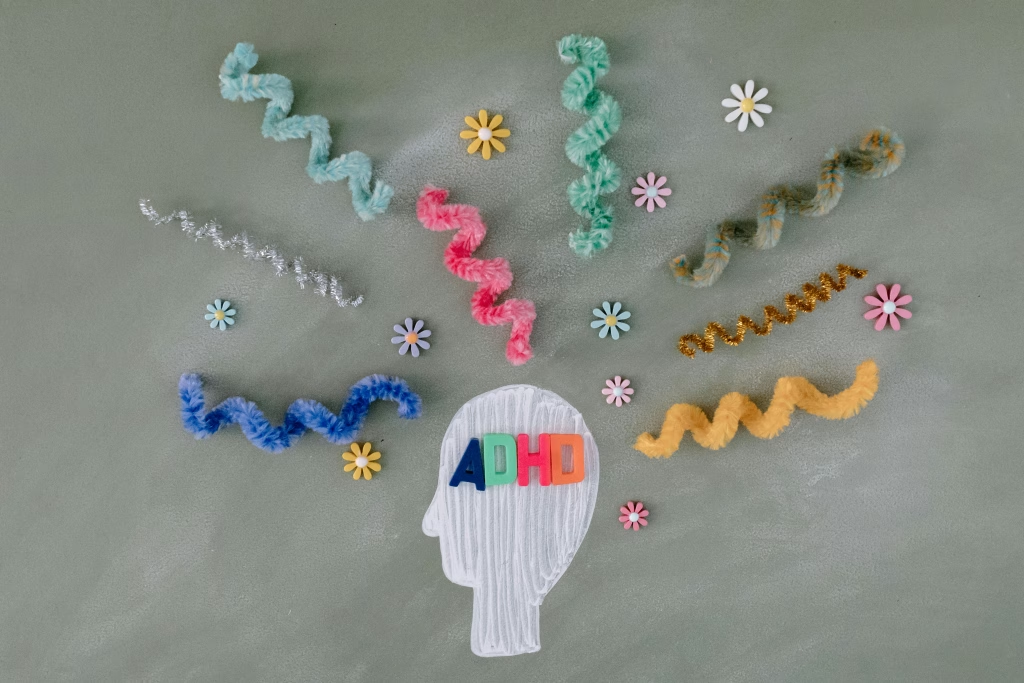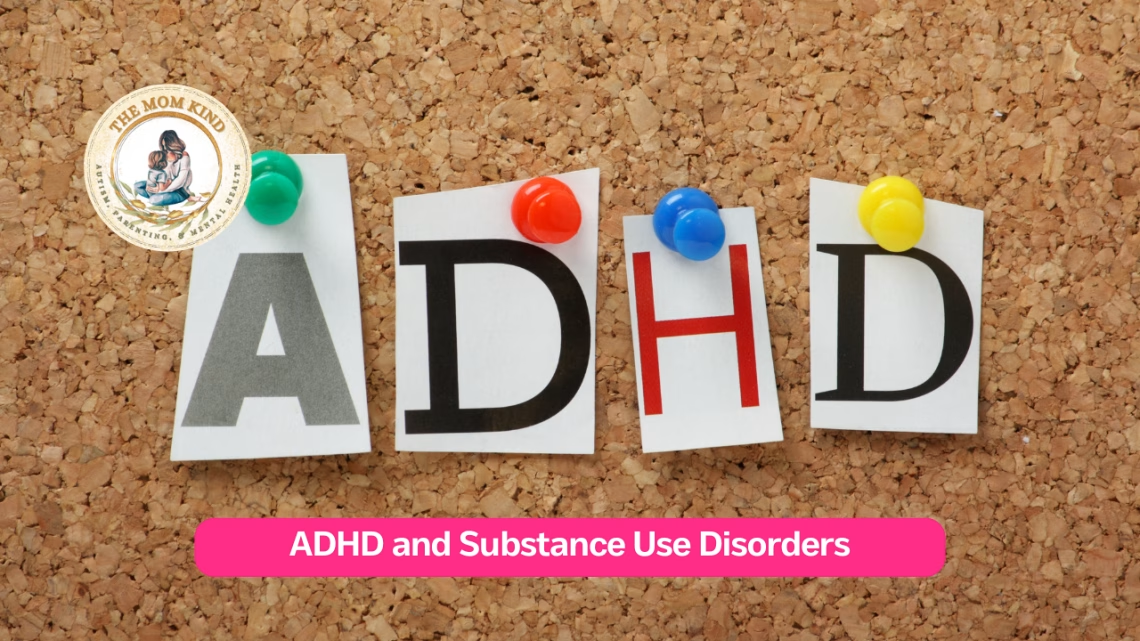Attention-deficit/hyperactivity disorder (ADHD) is a neurodevelopmental disorder that can cause inattention, impulsivity, and hyperactivity symptoms. ADHD is often diagnosed in childhood, but it can also be discovered during adulthood. Research has shown that alcohol or drug abuse may lead to more severe symptoms of ADHD. These symptoms can include aggression, school problems, and an increased risk for addiction. To better treat people with substance use disorders, it is essential to detect the presence of ADHD so that they may get the appropriate help and support they need.
What is ADHD?
Attention-deficit/hyperactivity disorder (ADHD) is a neurodevelopmental disorder that can cause inattention, impulsivity, and hyperactivity symptoms. ADHD is often diagnosed in childhood, but it can also be discovered during adulthood.
What Does This Mean for People with Substance Use Disorders?
A study conducted by the University of Texas at Austin found that people with ADHD who also have a substance use disorder tend to be more aggressive, have school problems, and are at an increased risk for developing an addiction. This is because alcohol or drugs can worsen ADHD symptoms. If you are looking for treatment for your addiction, it is essential to ask about ADHD. Doing so could lead you to better treatment options.

How ADHD Can Affect People with Substance Use Disorders
ADHD is often diagnosed in childhood, but it can also be discovered during adulthood, with treatment available at a private clinic birmingham. Research has shown that alcohol or drug abuse may lead to more severe symptoms of ADHD. These symptoms can include aggression, school problems, and an increased risk for addiction. To better treat people with substance use disorders, it is important to detect the presence of ADHD so that they may get the appropriate help and support they need.
ADHD comes with many challenges, even if it’s only mild. When ADHD is untreated, people are likely to have a higher risk of drug abuse because of their inability to focus on academic or vocational tasks. It can affect relationships because of uncontrollable anger, impulsiveness, and hyperactivity. They are also more likely to become addicted because they’re constantly searching for a way to feel better about themselves or what they’re doing with their life.
The Importance of Detecting ADHD in People with Substance Use Disorders
With the rise in substance use disorders in the U.S., it’s essential to understand the connection between ADHD and substance use disorders. It has been found that people with substance use disorders are three times more likely to have ADHD than those without drug or alcohol abuse.
Research has also shown that ADHD can lead to more severe symptoms of addiction, including aggression, school problems, and the increased risk for addiction. The inability to manage impulsivity and hyperactivity may lead individuals with substance use disorders to misuse drugs or alcohol, increasing the risk for addiction.
Paying close attention to these connections is essential to help better people suffering from both types of disorder. If you believe your loved one might have ADHD or a substance use disorder, reach out to a therapist or counselor who can help you determine the best course of treatment for your loved ones.
Conclusion
ADHD, Attention Deficit Hyperactivity Disorder, is a mental health disorder characterized by inattention and hyperactivity-impulsivity that interferes with functioning or development. As many as 65% of adults with ADHD have a co-occurring substance use disorder. In some cases, ADHD can be misdiagnosed as a substance use disorder. Early detection and treatment are essential to help those struggling with ADHD and substance use disorder.



